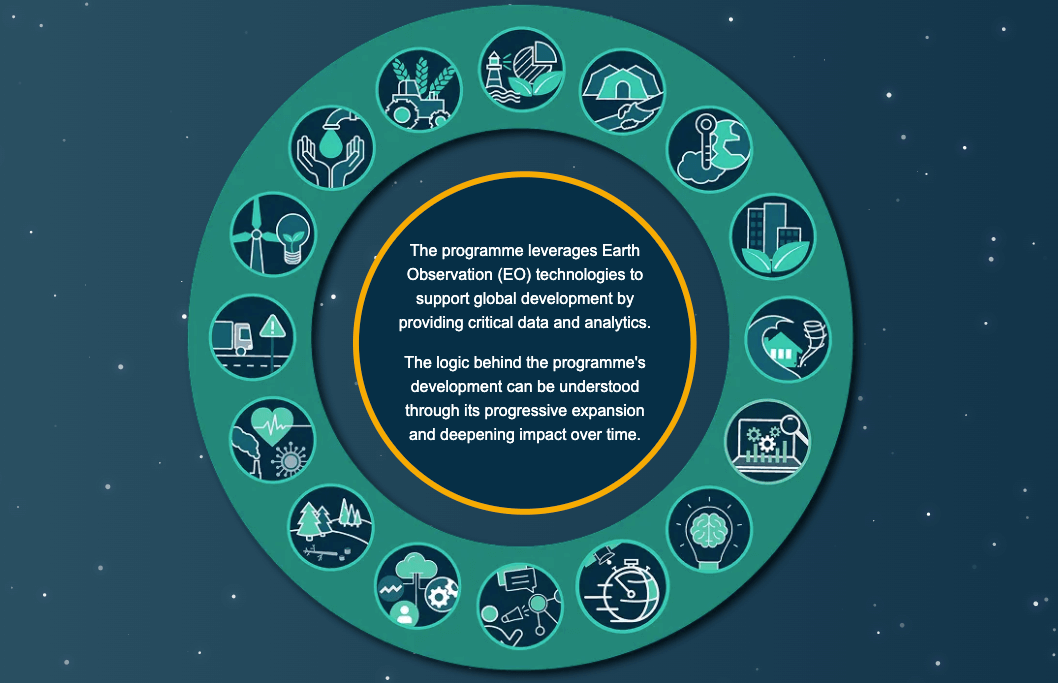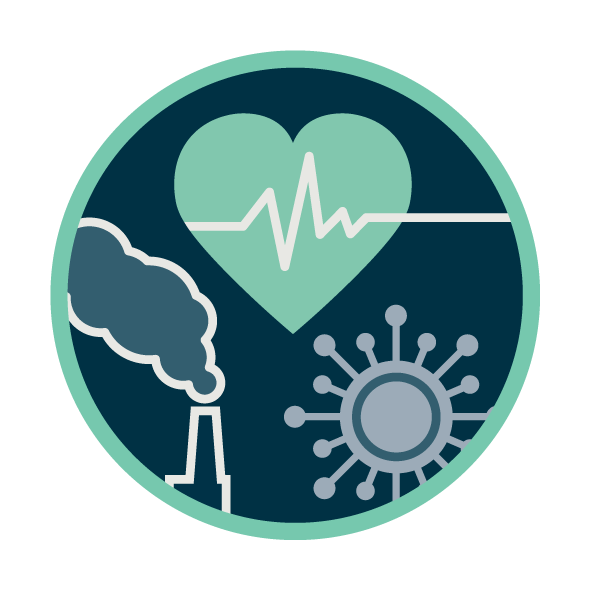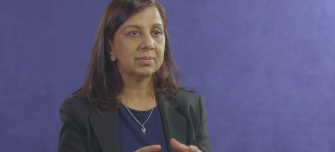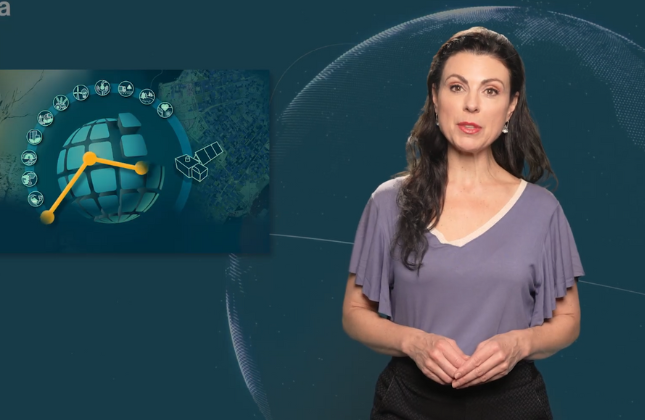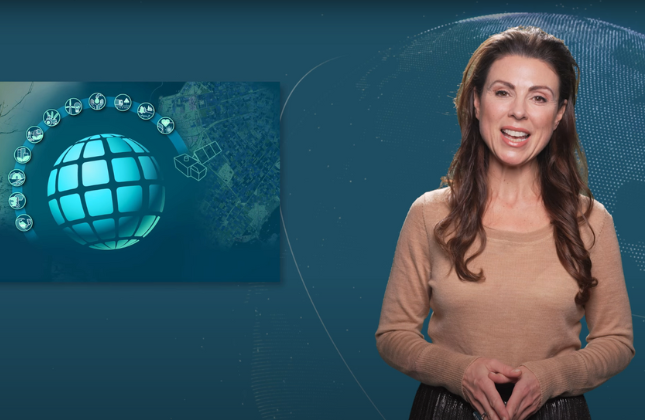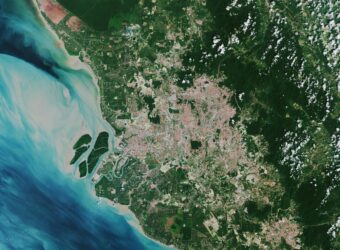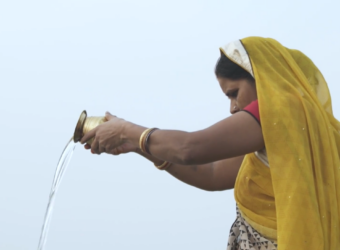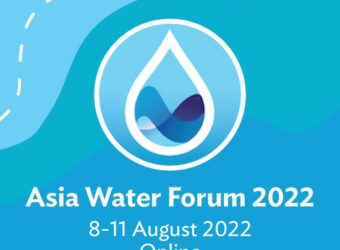Botswana, a landlocked country in southern Africa, is renowned for its vast mineral deposits and arid landscapes. However, this aridity comes at a cost: water scarcity. The country faces a critical challenge in ensuring a sustainable water supply for its growing population and its agricultural and industrial sectors. Groundwater is the lifeline of Botswana, accounting for approximately 80% of the country’s total water supply. However, this reliance is exacerbated by recurring droughts, low and unreliable rainfall, the overexploitation of groundwater resources, and the limited operational hydrological data monitoring network in recent years. This reliance is particularly intense in rural areas, where most villages and the mining industry are entirely dependent on groundwater.
Despite these challenges, Botswana is taking steps to safeguard its water resources. One key initiative is the use of Earth Observation (EO) data and technologies to monitor and assess groundwater resources, flood risk, and other water-related parameters. This information, available with support from the European Space Agency’s Global Development Assistance (GDA) programme’s thematic area of Water Resources, is crucial for informing water resource planning, management, and decision-making processes.
As part of this water lending operation, the Government of Botswana is working on policy and institutional reforms in water resources and services. This reform includes aspects of delimitation of watersheds, allocation mechanisms, development of a water security strategy, and development of a national information system. The information system is expected to embed the use of remote sensing.
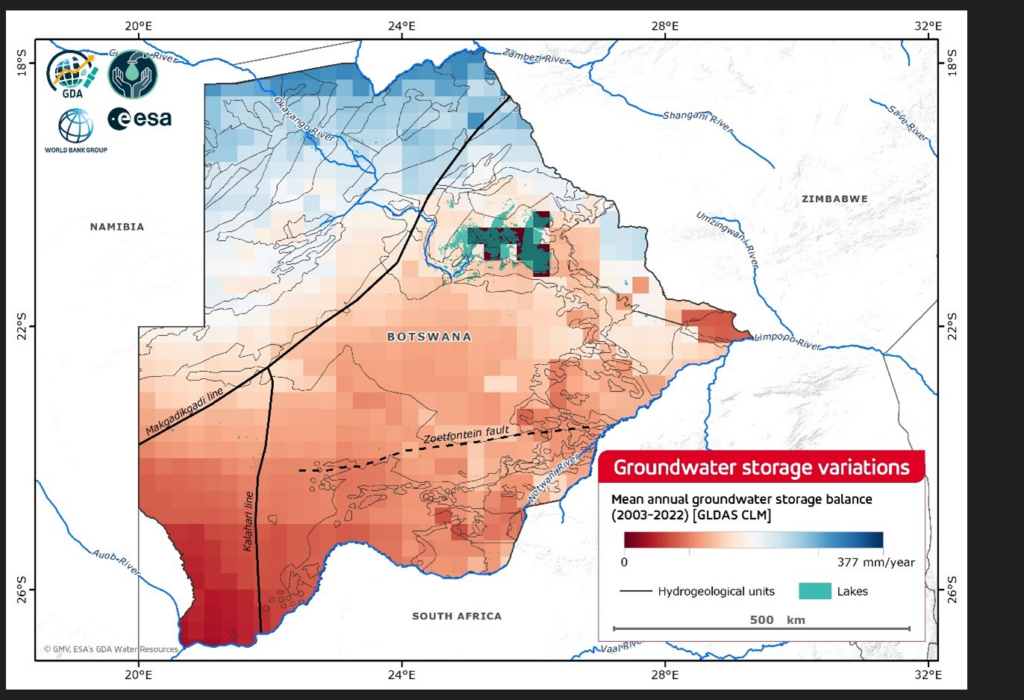
GMV, consortium partner in ESA’s GDA thematic area of Water Resources, delivers EO based services to empower the World Bank to effectively monitor groundwater resources and address flood risks in Botswana. GMV experts conduct long-term monthly assessments of groundwater status, complemented by a suite of EO-based products, including potential groundwater recharge estimates, groundwater resources assessments at national and catchment/regional scales, and comprehensive flood hazard assessments. In 2024, GMV will further extend its support to the World Bank by providing flood hotspot observations, ensuring a comprehensive understanding of Botswana’s water security landscape.
“Developing the initial prototypes of groundwater resources products for Botswana is a first step towards safeguarding Botswana’s water resources by giving visibility to the often-forgotten groundwater resources. The understanding of groundwater storage distribution and its evolution is key for sustainable water management and ensuring water security in the context of a changing climate.”- Èlia Cantoni i Gomez, Water Resources Specialist at GMV
This use case aligns with the World Bank Group’s Emergency Water Security and Efficiency Project, an initiative to address the severe drought that Botswana has experienced in 34 years. The Department of Water and Sanitation (DWS), the Ministry of Land and Water Affairs (MLWA) and several local academia institutions supporting DWS are directly benefiting from long-term time series and up-to-date information on groundwater and flood-related topics, readily accessible on a countrywide scale.
“Thank you very much for sharing these results. They are very interesting and promising. Looking forward to keeping collaborating with you in this exciting work! Understanding the interannual variability of groundwater resources as shown by the GMV presented prototype, even for the wettest region, will be very informative for water resources management activities by the Botswana government.” – Homero Alejandro Paltan Lopez, Climate, Resilience, and Water Specialist at the World Bank



